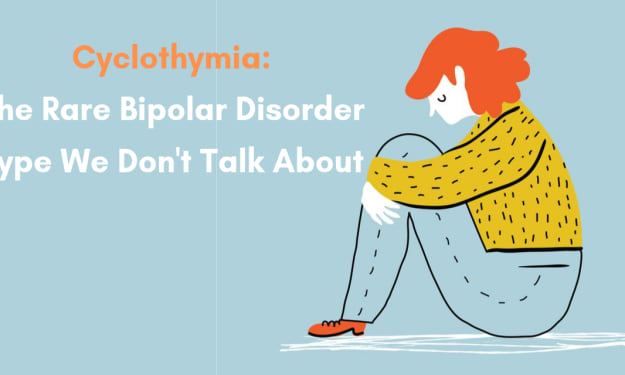Conquering Social Anxiety in Professional Settings: Evidence-Based Interventions
Conquering Social Anxiety in Professional Settings: Evidence-Based Interventions

Social anxiety disorder (SAD) is a debilitating condition that affects millions of people worldwide. It is characterized by excessive fear of social situations and persistent avoidance of such situations due to the fear of negative evaluation. Individuals with SAD often experience extreme discomfort and anxiety in social situations, which can make it difficult for them to perform everyday activities, including work-related tasks. Social anxiety at work can be particularly challenging, as it can interfere with job performance, limit career advancement, and negatively impact job satisfaction. Fortunately, there are evidence-based interventions that can help individuals conquer social anxiety in professional settings. In this article, we will explore these interventions and discuss the benefits of seeking treatment for social anxiety work.
Cognitive Behavioral Therapy (CBT)
Cognitive-behavioral therapy (CBT) is a psychotherapeutic approach that has been proven to be effective in treating social anxiety disorder. The goal of CBT is to help individuals recognize and change negative thought patterns and behaviors that contribute to their anxiety. CBT for social anxiety typically involves exposure therapy, where individuals gradually face their fears in a safe and controlled environment, and cognitive restructuring, which involves identifying and challenging negative thoughts and beliefs.
In a work context, CBT can be used to help individuals confront social anxiety in job-related situations, such as giving presentations or participating in meetings. CBT can also be used to help individuals identify and challenge negative self-talk and beliefs about their performance at work. For example, a person with social anxiety at work may believe that they are incompetent or will be judged negatively by their colleagues, leading to avoidance of certain tasks or interactions. Through CBT, individuals can learn to identify and challenge these negative thoughts, and develop more positive and realistic beliefs about their abilities and interactions with others.
Group Therapy
Group therapy is another evidence-based intervention that can be effective in treating social anxiety disorder. In group therapy, individuals with social anxiety work together in a supportive environment to address their anxiety. Group therapy provides an opportunity for individuals to practice social skills and receive feedback from others, which can help to increase their confidence in social situations.
In a work context, group therapy can be particularly beneficial as it allows individuals to practice social skills specific to their job. For example, a group therapy session may focus on practicing effective communication in a professional setting, such as giving feedback or leading a team meeting. Group therapy can also provide a supportive environment for individuals to share their experiences and receive feedback from others, which can help to reduce feelings of isolation and increase social support at work.
Medication
In addition to psychotherapy, medication can also be used to treat social anxiety disorder. Antidepressant medications, such as selective serotonin reuptake inhibitors (SSRIs), are commonly prescribed to treat social anxiety disorder. These medications work by altering levels of serotonin in the brain, which can help to regulate mood and reduce anxiety symptoms.
Medication can be a useful tool for individuals who have severe social anxiety or who do not respond to psychotherapy alone. However, medication should not be considered a standalone treatment for social anxiety disorder, as it does not address the underlying thoughts and behaviors that contribute to anxiety.
Self-Help Strategies
In addition to professional interventions, there are several self-help strategies that individuals with social anxiety can use to manage their symptoms in professional settings. These strategies include:
Practicing relaxation techniques, such as deep breathing or progressive muscle relaxation, to reduce physical symptoms of anxiety
Setting realistic goals for social interactions at work, such as initiating a conversation with one colleague per day
Challenging negative thoughts and beliefs about social situations at work through journaling or cognitive restructuring exercises
Seeking social support from trusted colleagues or a mentor
Building self-esteem through positive self-talk





Comments
There are no comments for this story
Be the first to respond and start the conversation.